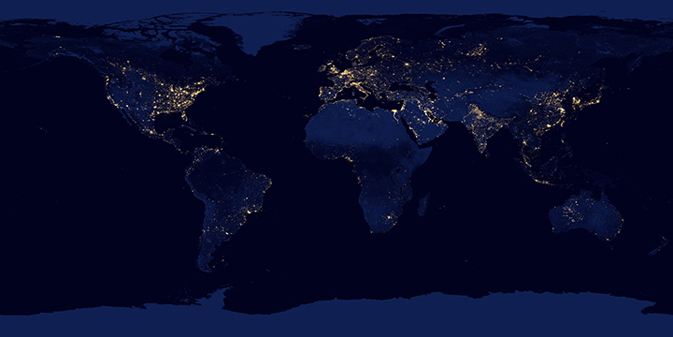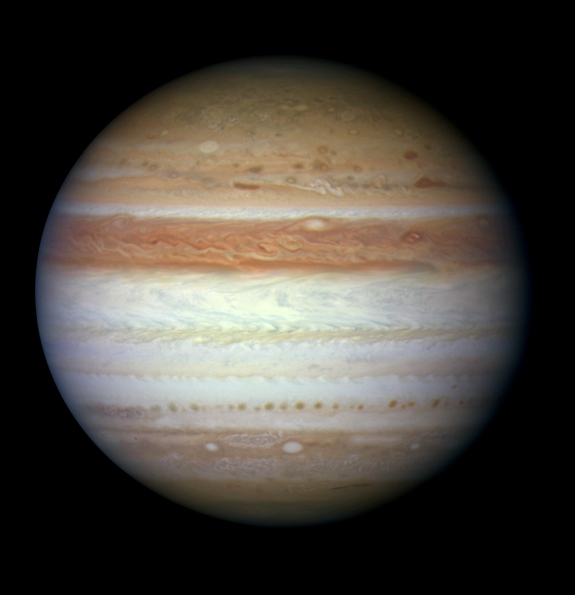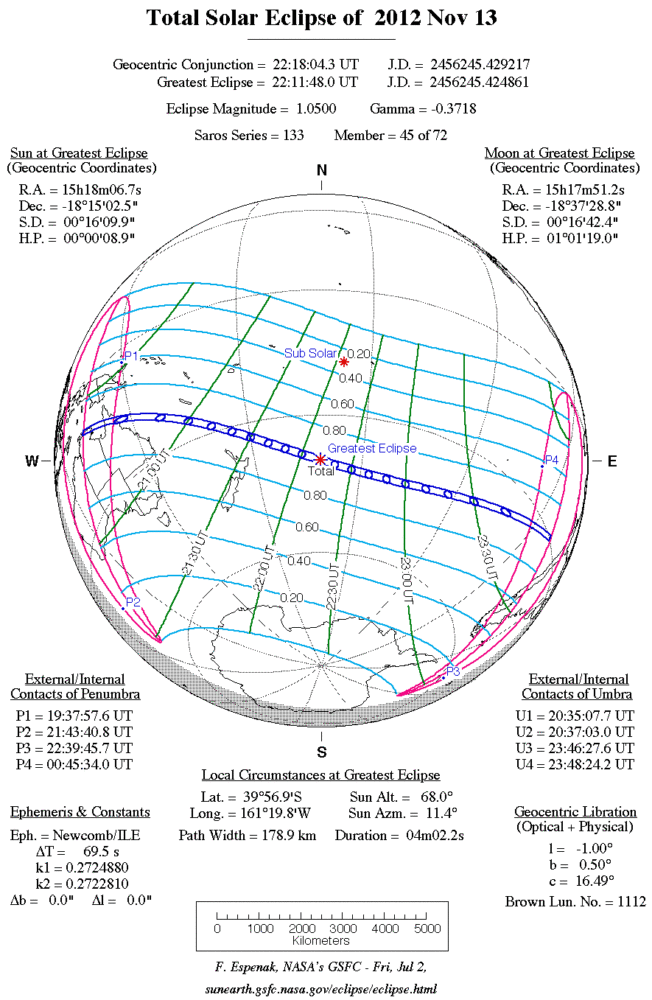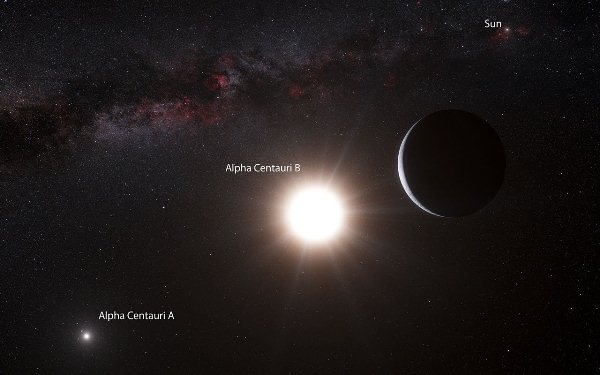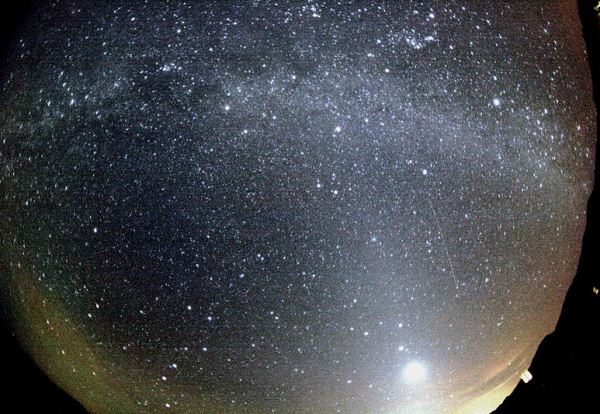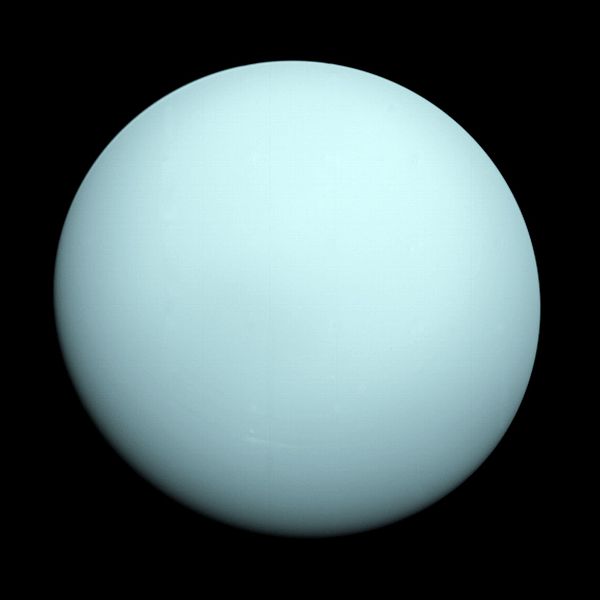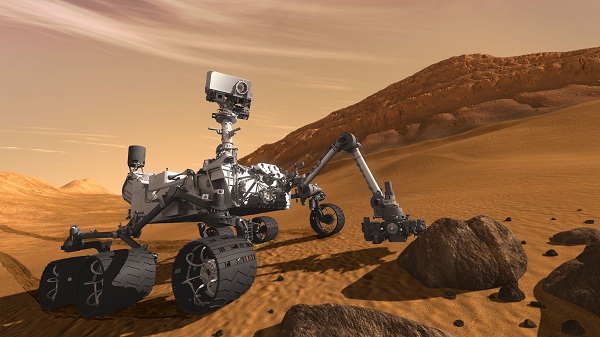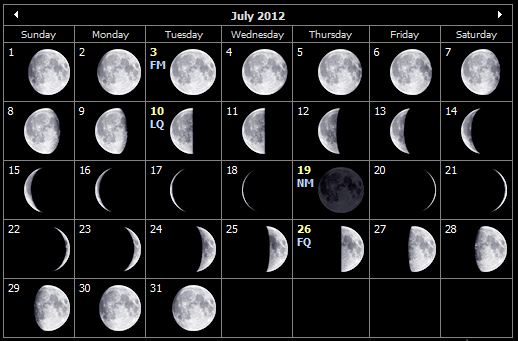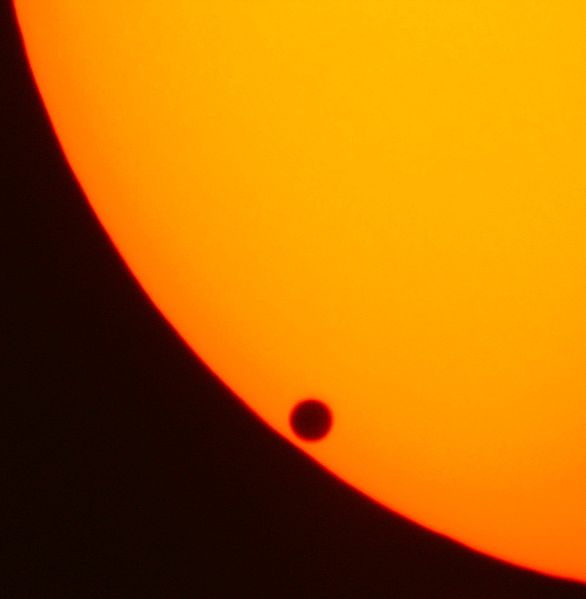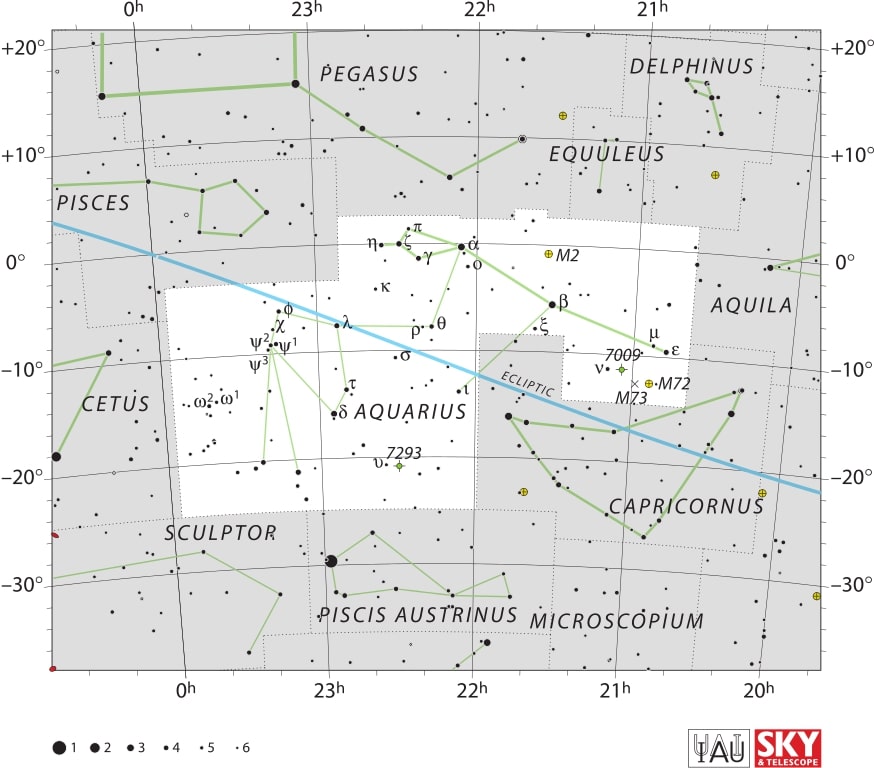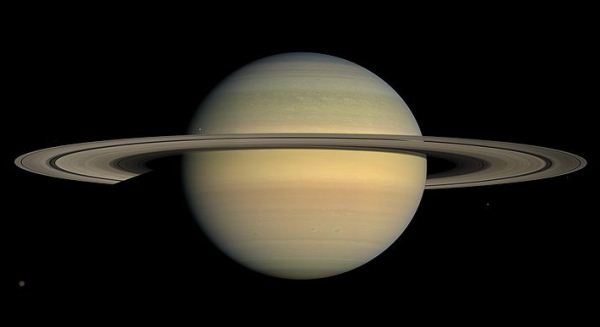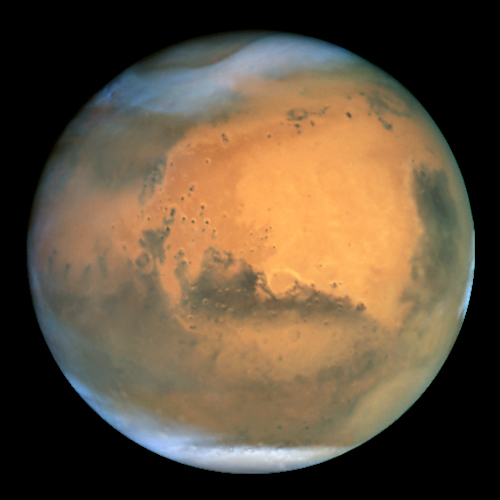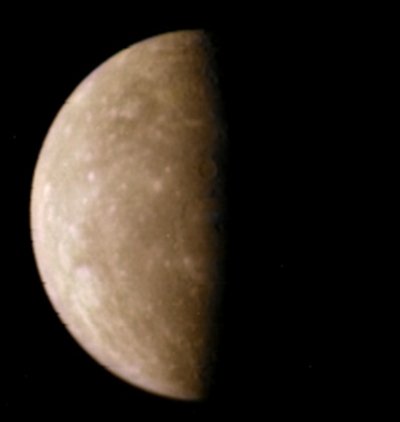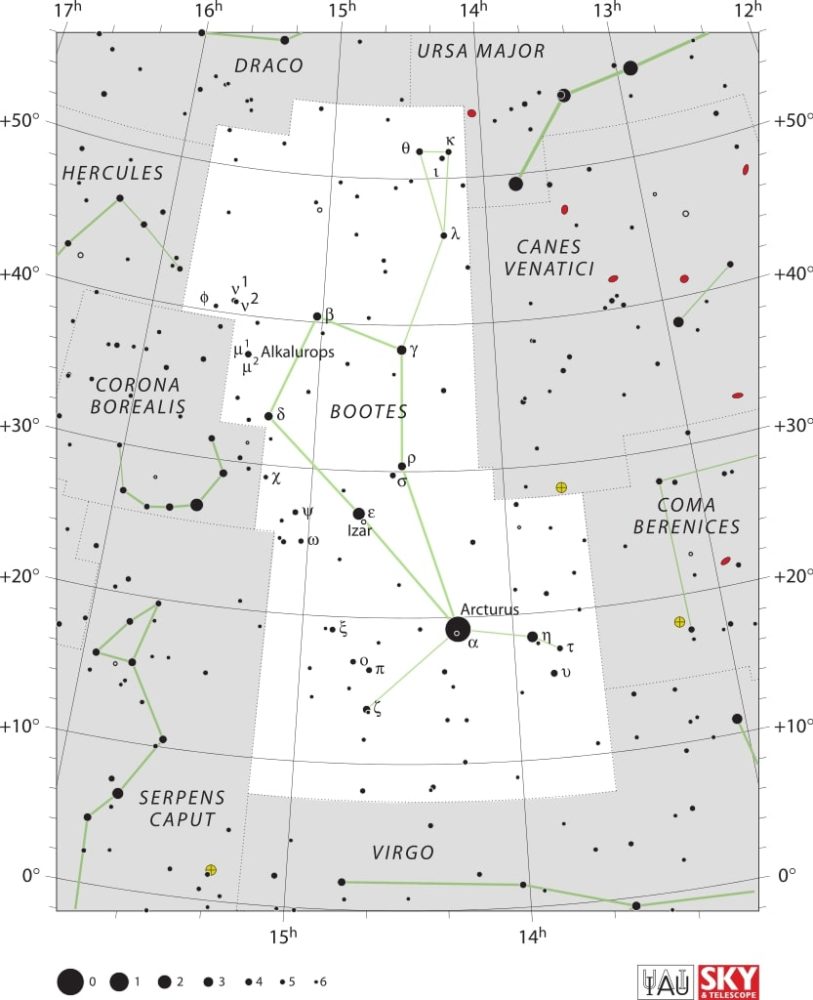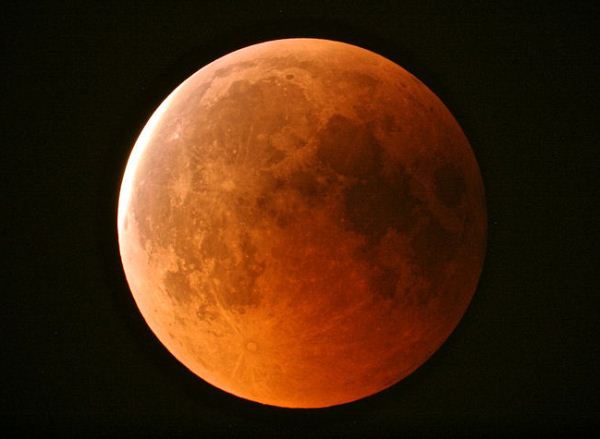NASA Releases Amazing Night View of Earth
NASA's Suomi NPP satellite captures stunning night imagery, revealing societal contrasts and aiding advanced meteorological predictions.
Monthly Stargazing Calendar for December 2012
On December 3 Jupiter was at Opposition. The giant planet was at its closest approach to Earth and its was fully illuminated by the Sun. Jupiter will still be very bright in the sky for the next few weeks. This is the best time to view and photograph Jupiter and its moons.
Monthly Stargazing Calendar for November 2012
The month of November will be quite eventful when it comes to astronomical events, especially the second half of the month when we will be able to observe two eclipses, a meteor shower and a planetary conjunction. First of all, on November 13 there will be a total solar eclipse.
Nearest Exoplanet Discovered in the Alpha Centauri System
Astronomers from the European Southern Observatory have discovered the nearest extrasolar planet to date, in the Alpha Centauri star system 4.3 light years away. The system is composed of three stars -- two stars similar in size to our Sun orbiting close to each other and…
Monthly Stargazing Calendar for October 2012
By the end of this month on October 20 and 21 the Orionids meteor shower will peak. It is an average shower producing about 20 meteors per hour at the peak. This shower usually peaks on the 21st, but it is highly irregular. A good show could be experienced from October 20 to 24, and some meteors may be seen any time from October 17 to 25.
Monthly Stargazing Calendar for September 2012
By the end of the month on September 29, Uranus will be at opposition. The gas giant will be at its closest approach to Earth and its face will be fully illuminated by the Sun. This makes it the best time to view Uranus. Due to its distance, it will only appear as a tiny blue-green dot in all but the most powerful telescopes.
Monthly Stargazing Calendar for August 2012
This month will be very eventful when it comes to astronomy and space exploration. First off on August 6 the Curiosity Rover, also known as Mars Science Laboratory (MSL), is scheduled to land on the red planet at 5:31 AM UTC.
Monthly Stargazing Calendar for July 2012
Most of this month will be rather uneventful when it comes to astronomical events, but at the end of the month, on July 28 and 29 we will witness the Southern Delta Aquarids Meteor Shower. The Delta Aquarids can produce about 20 meteors per hour at their peak.
Monthly Stargazing Calendar for June 2012
Today on June 5 we will have the chance to witness the transit of Venus across the Sun. This extremely rare event will be entirely visible throughout most of eastern Asia, eastern Australia, and Alaska.
Monthly Stargazing Calendar for May 2012
On May 5, 6 we witnessed the Eta Aquarids Meteor Shower. It is a a light shower, usually producing about 10 meteors per hour at the peak. The full moon ruined the show this year, washing out all but the brightest meteors with its glare.
Monthly Stargazing Calendar for April 2012
On April 15 the planet Saturn will be at Opposition. The ringed giant will be at its closest approach to the Earth and its face will be fully illuminated by the Sun. It will be the best time to view and photograph Saturn and its moons.
Monthly Stargazing Calendar for March 2012
On March 3, Mars was at opposition. The Earth passed Mars as the two planets wheeled around the sun in their respective orbits. This time the opposition was an unfavorable one because Mars was at aphelion on February 15, which means it was at its farthest point from the sun.
Monthly Stargazing Calendar for February 2012
The best chance to see Mercury will be from February 20 to March 12. The planet will, from our point of view, have moved far enough from the Sun's glare to be visible shortly after sunset. Mercury will reach greatest elongation from the Sun on March 5, reaching a relatively bright magnitude of about -1.
Monthly Stargazing Calendar for January 2012
On the night of January 3 to 4 the Quadrantids meteor shower will peak. It is an above average shower, with up to 40 meteors per hour at the peak. The near first quarter moon will interfere with the show a little at first, but it will set shortly after midnight, leaving dark skies for what would then be a good show.
Monthly Stargazing Calendar for December 2011
On December 10 we will witness a total lunar eclipse. The best viewing location will be in the Asia-Pacific region, but the eclipse will still be visible throughout most of Europe, eastern Africa, Asia, Australia, the Pacific Ocean, and North America. Unfortunately the eclipse will not be visible in South America.

